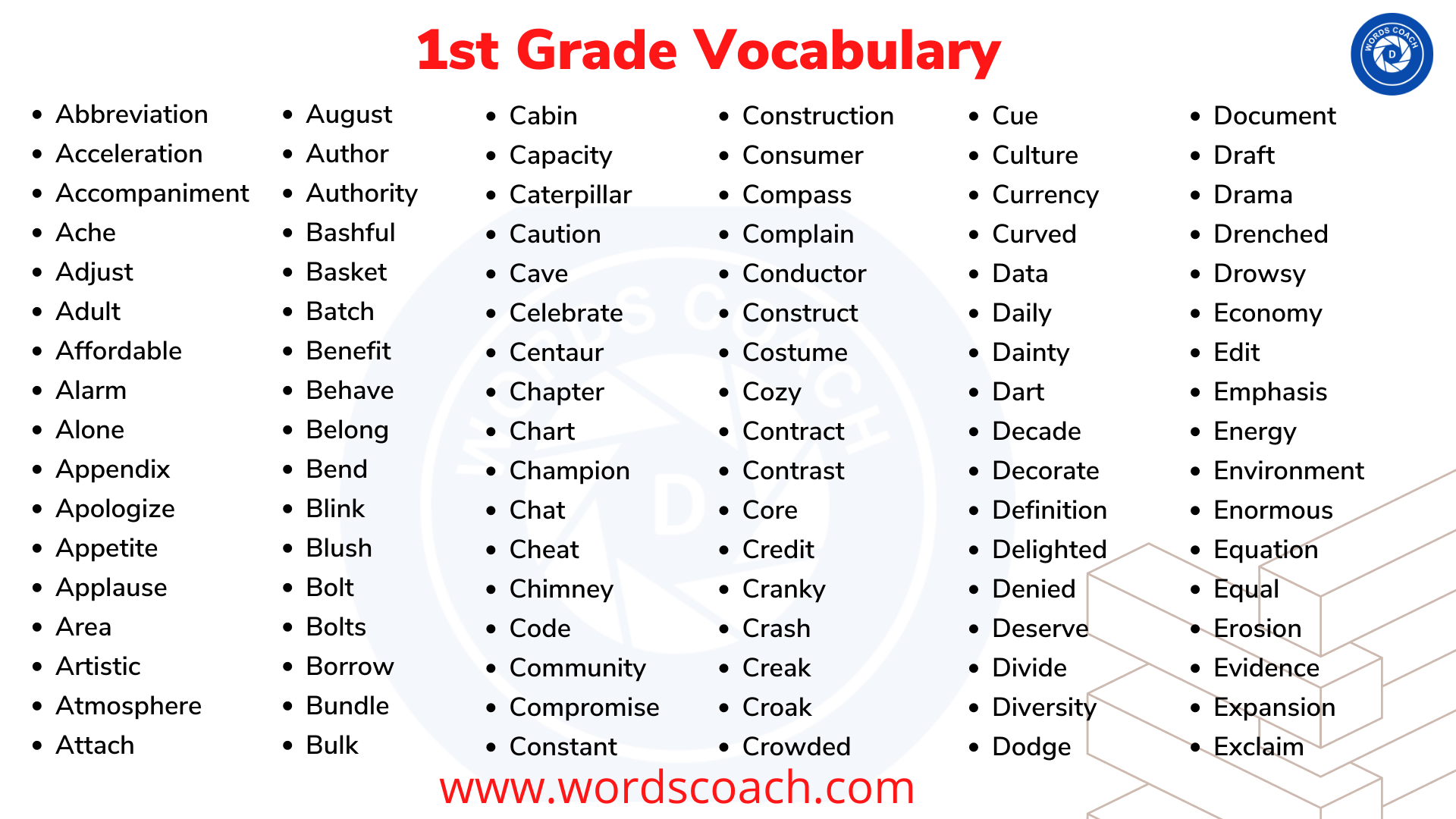Difference between Article and Essay
An article and an essay are both forms of written communication, but they serve different purposes and follow distinct structures.
What is an Article?
An article is a piece of writing intended for a broad audience, published in newspapers, magazines, journals, or online platforms. It provides information, discusses a topic, or offers opinions, and is typically structured to engage and inform readers.
What is an Essay?
An essay is a piece of writing that presents an argument or a perspective on a particular topic. It is usually more formal and structured compared to articles and is often used in academic settings. Essays allow the writer to explore ideas, analyze concepts, and present their own interpretations.
Difference between Article and Essay
| Article | Essay | |
| Purpose | Typically written to inform, educate, or entertain the readers about a particular topic. Articles are often found in newspapers, magazines, journals, or online platforms. | Generally written to present an argument or the author’s viewpoint on a specific topic. Essays are more analytical or interpretative and are commonly used in academic settings. |
| Audience | Aimed at a broader audience, including the general public. The language is often more accessible and engaging. | Typically intended for academic or educated readers, such as teachers, peers, or examiners. |
| Structure | Usually includes a headline, introduction, body, and conclusion. It often starts with a catchy introduction to grab attention, followed by detailed information and a concluding summary. | Essays have a clear structure, generally consisting of an introduction, body paragraphs, and a conclusion. |
| Style | Can be formal or informal, depending on the publication and audience. It often uses accessible language and may include subheadings, bullet points, and visuals. | Formal and academic, using precise language and avoiding colloquialisms. Essays often follow specific citation styles like APA, MLA, or Chicago. |
| Research and References | May include references and research, especially in feature articles or investigative pieces, but often relies on a mix of factual reporting and personal insight. | Requires thorough research and proper citations. It often includes references to academic sources, studies, and literature to support the arguments made. |
| Length | Varies widely; short articles can be around 300-500 words, while feature articles can be much longer, up to several thousand words. | Generally has a more standardized length, particularly in academic contexts, often ranging from 500 to 3000 words. |
| Example | A news report on a recent event, a magazine feature on a celebrity, a blog post on travel tips. | A college assignment analyzing a piece of literature, a persuasive essay on climate change, a reflective essay on personal growth. |
Types of Articles:
News Articles: Provide factual information about recent events.
Feature Articles: Offer in-depth analysis or narratives on topics of interest.
Opinion Articles: Present the author’s viewpoints on various issues.
How-To Articles: Give step-by-step instructions on performing tasks or activities.
Review Articles: Critique books, movies, products, or services.
Types of Essays:
Expository Essays: Explain or describe a topic clearly and logically.
Argumentative Essays: Present a well-reasoned argument on a controversial issue, supported by evidence.
Descriptive Essays: Paint a picture of a person, place, object, or event using detailed observations and sensory details.
Narrative Essays: Tell a story or recount an event, often using personal experiences.
Analytical Essays: Break down a concept, text, or piece of art to examine its components and their relationships.
Both articles and essays are valuable forms of communication, but they differ significantly in purpose, structure, audience, and style. Understanding these differences can help in choosing the appropriate format for a specific writing task.





